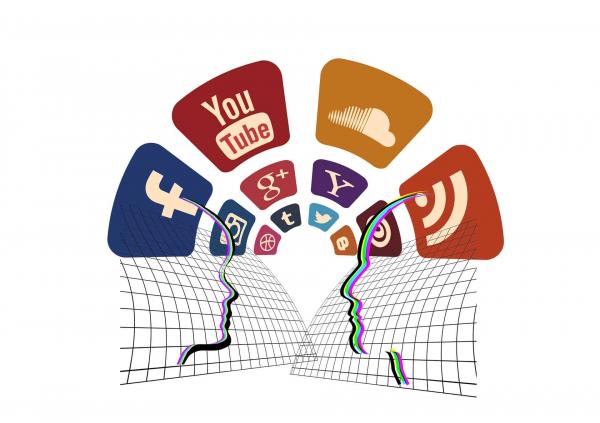
The world of social media seems to be increasingly divisive. It can be difficult to know when to take a stand or when to try and neutralize escalating dialogue. You may wonder should I change my profile picture to show support for a movement or country? Should I write a post about gun violence or show support for law enforcement? Should I tweet my reaction to the latest controversial statement? Or will my friends desert me if I don't happen to share their opinions.
In an age of instant digital communication, here are a few practical tips for bringing your friends and followers closer together:
1- Ask a question
It's easy to pretend that you have all the answers when you are only speaking from one perspective. The truth is that we live in a complicated world with multiple perspectives and life stories. Every voice is valuable. Before typing up a political rant to post to your friends' news feeds, considering asking a genuine question about an issue or perspective that you really don't understand. Yes, this requires a bit of vulnerability. In the long run though, posting a question may open up an enlightening conversation for all of your online followers.
2- Read something you don't agree with
Browsing through your news feeds have you ever come across an article title that jumps out at you? Maybe you have that one friend that's a fanatic for a politician that you would never consider voting for. One way to build unity in both our online and real communities is taking the time to understand another's perspective. Reading articles or posts that you disagree with can give you insight into how your opinions may differ from other popular opinions. There are reasons why a movement or person has so many supporters. Take the time to learn some of those reasons. Also, as you read something different from your regular browsing material, you may discover the more personal motivations behind someone's strongly held beliefs.
3- Encourage and invite
One of the most powerful ways to harness your online influence is to encourage people to take positive action. Sharing stories of people from different groups coming together during hard times can make an impact on our collective reaction to tragedy. Use your online presence to make a positive difference in the way communities respond to difficult situations and problems in society.
4- Share briefly your experience
Sharing your story online can have a powerful effect on readers; especially when you share briefly and share without blame or an ulterior motive. Consider what aspects of your situation may apply to a public discussion. Is there another side to current events that you feel others can relate to? Don't be afraid to speak up when you feel it is necessary, just remember to allow others the same privilege. Respectfully listen and learn from the experiences of others who share online.
5- Go offline
Sometimes the best way to build unity is to disengage from a negative news cycle to go out and do something. Serving your community is a great way to get to know people from diverse backgrounds. Next time, instead of typing a quick, unfiltered response off the top of your head, think about a way to react to an event that doesn't involve social media. Become part of the solution by giving back instead of reacting. Giving service doesn't have to involve organizing a huge project. Experiment. Start small. You never know what could happen!
In the digital world of hastags and filtered profile photos, it may seem like we are more divided than ever. The next time you feel passionate about a hot-topic on social media, try to express your thoughts without antagonizing another person or group. Be a champion for postive media by using one of these five suggestions to unify the digital and actual world around you.

